Revolutionizing Connected Cars: Enhancements on the Information Superhighway
Wimbledon isn’t just about world-class tennis. Last year, Jaguar partnered with Vodafone to demonstrate the capabilities of connected cars during the tournament. Both dignitaries and players traveling in a Jaguar I-Pace enjoyed access to top-tier wi-fi services.
The vehicle was equipped with a Vodafone “smart hub,” transforming it into a wi-fi hotspot. With a roof-mounted antenna extending the signal up to 100 meters, passengers could utilize real-time GPS, analytics, and high data allowances—up to one terabyte, which could support over 20,000 hours of web browsing or 300 hours of HD video.
These capabilities stem from the burgeoning Internet of Things (IoT), a vast network of interconnected devices and sensors. Initially, IoT in cars was used for emergency services, but it has since evolved to include vehicle condition monitoring and over-the-air software updates.
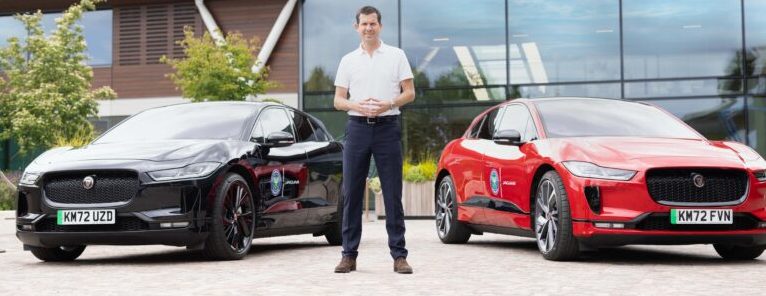
With the integration of 5G technology, new cars are poised to offer even more advanced services. Vodafone states that the enhanced bandwidth of 5G will enable faster, more comprehensive services, even in densely populated regions. Consultancy Analysys Mason projects that automotive connectivity revenues could double to $10 billion annually by 2030.
Vodafone has been a pioneer in the connected car industry, already linking 60 million cars globally through its IoT network. Within Vodafone, a specialized company called Vodafone Automotive caters to sectors such as car manufacturing, fleet management, and insurance. The adoption of 5G is expected to expedite manufacturing processes, facilitate inter-vehicle transactions, and improve road safety.
“Automotive was an early adopter of IoT, revolutionizing safety, reliability, and driver experience. 5G brings even more potential for innovations like autonomous driving, connected roads, and sophisticated safety systems,” said Erik Brenneis, CEO of Vodafone Business IoT. “Advanced networks like 5G can help manufacturers worldwide deliver hyperconnected car advantages to more customers, enhancing road safety and sustainability.”
Nonetheless, industry experts advise caution. Ibraheem Kasujee from Analysys Mason commented, “There’s potential and high expectations, but advancements are still in early stages.”
Ford, undeterred, is using a Vodafone mobile private network to enhance electric engine production. Each engine requires over a thousand welds, generating data at a rate of half a million pieces per minute. This data must be analyzed in real-time to adjust the production process. A mobile private network provides the necessary speed, reliability, and security, supporting production and preempting maintenance needs.
Matt Hatton, founding partner of Transforma Insights, remarked, “While some carmakers have positively reported on private networks in factories, mass adoption hasn’t yet been achieved. The full benefits of 5G or even 4G private networks in factory efficiency are still to be realized.”
• Be nice to your AI — it really does make a difference
Vodafone Automotive is also prioritizing road safety. It developed a platform connecting road users with transport authorities and each other, sharing real-time safety information, hazard alerts, and traffic updates. “This creates a 360-degree awareness, forming a safety bubble around users,” explained a Vodafone spokesman. The technology could identify everything from pedestrians to public transport, enhancing urban safety.
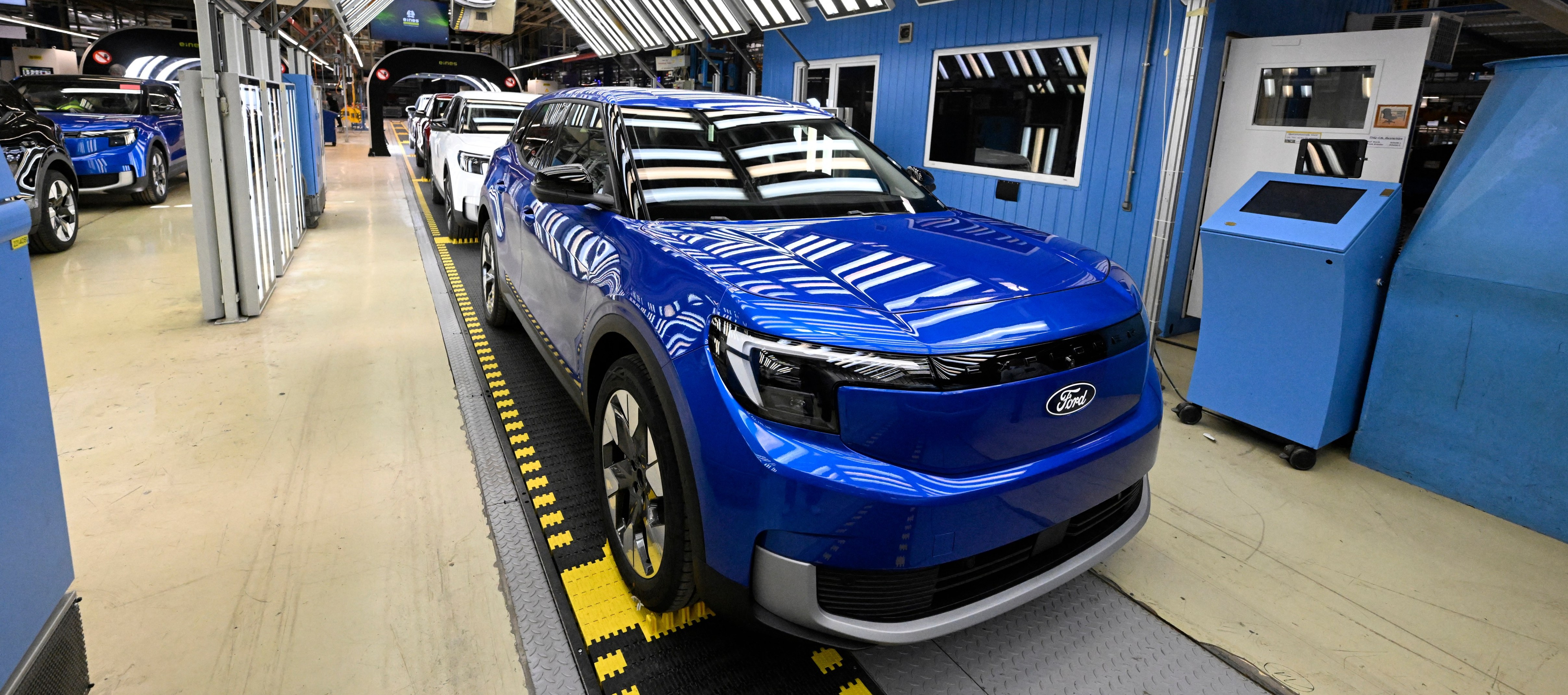
While the vision is ambitious, Kasujee cautioned, “Direct communication has potential but requires significant ecosystem and regulatory development. Questions about who will fund roadside units remain.”
Connected cars are also a part of the “economy of things,” allowing devices to transact autonomously, for example, at toll booths. STL Partners predicts that by 2030, up to 3.3 billion connected devices will trade directly.
Vodafone and Sumitomo have launched a venture, Pairpoint, with initial focus on electric vehicles communicating with various charging stations.
• Self-driving cars ‘will be on British roads by 2026’
Other companies are exploring car connectivity as well. AA-X, part of the AA breakdown service, has integrated proprietary data from breakdowns to predict and alert car owners about potential issues.
“Health and wellness have familiarized consumers with connected experiences. It’s a natural progression for cars,” said Tom Fawcett, CEO of AA-X. “Cars are now sophisticated with numerous sensors. Our data allows us to predict issues, providing better and different services.” He added that 5G facilitates faster data sharing, useful for tasks like reporting potholes to improve infrastructure.
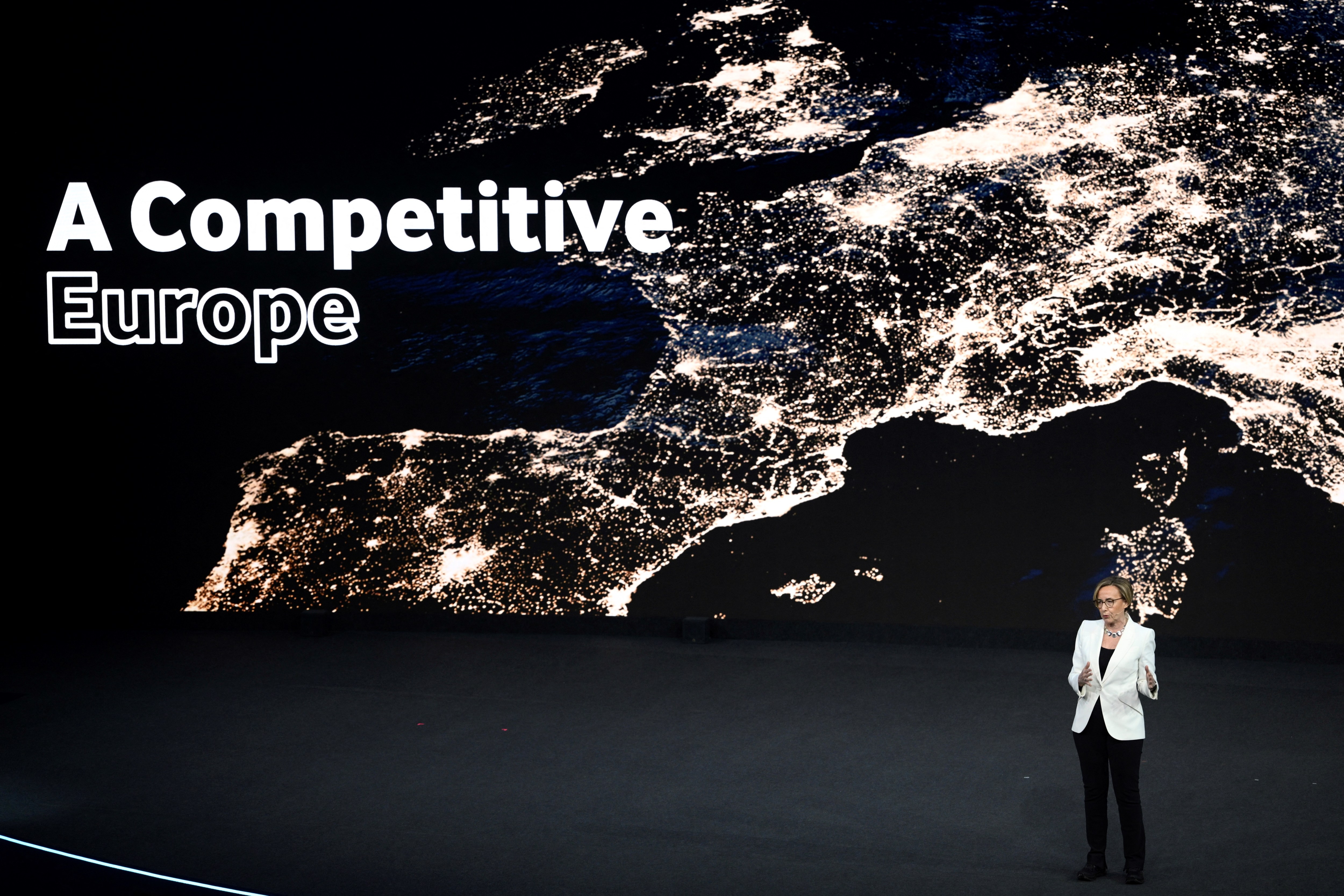
The AA recently launched the Vixa app, utilizing AI to provide real-time data and maintenance recommendations, alongside driver insights and a chat feature with AA mechanics. Similar functionalities are being tested for fleets, as manufacturers share more data to streamline processes.
“By building a connected car business within the AA, we aim to innovate continuously,” Fawcett added.
Although Vodafone and the AA have not disclosed financial details or market size projections for increased connectivity, those leading the technology charge are well-positioned to benefit as the future of connected cars unfolds.
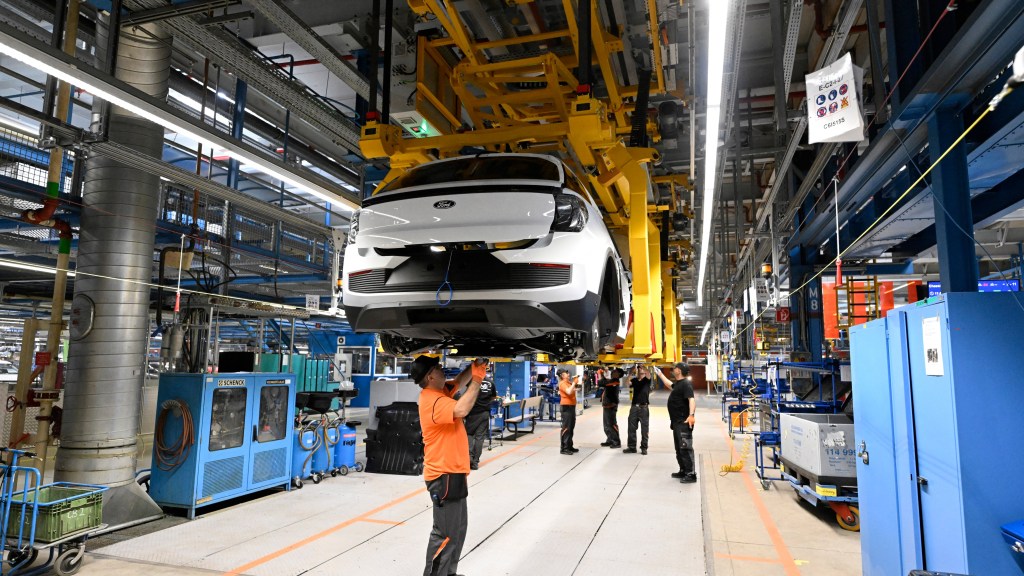
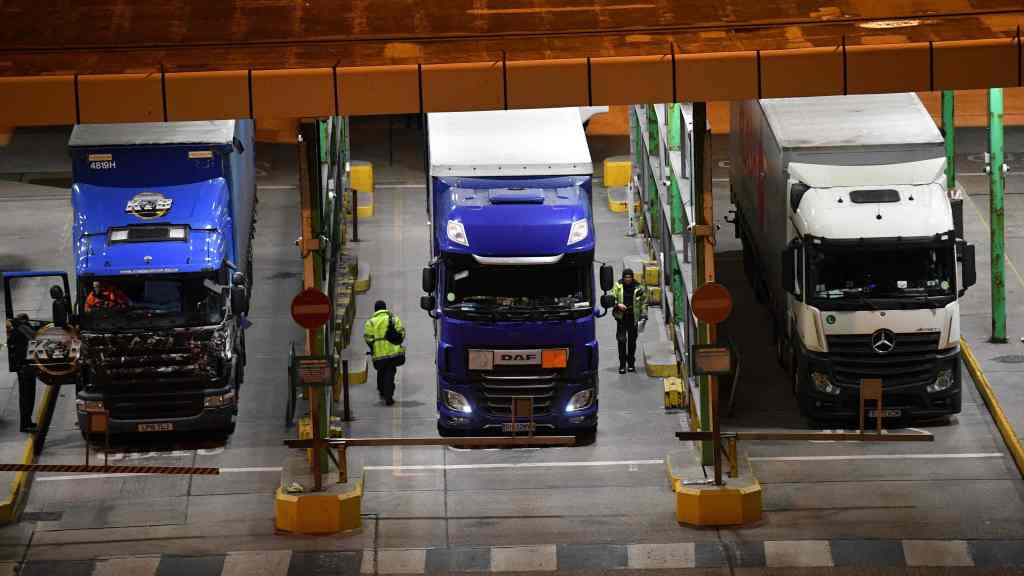
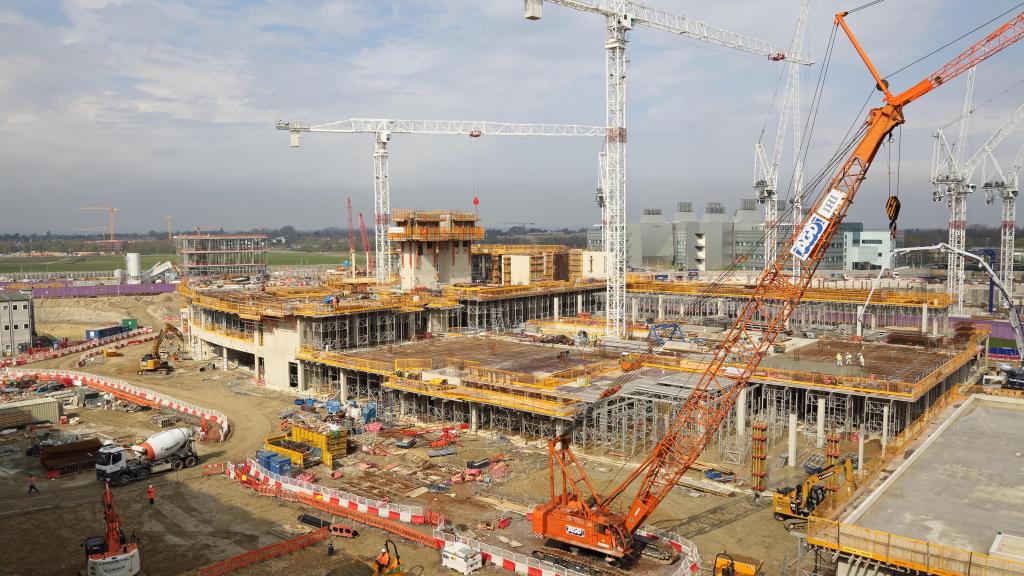
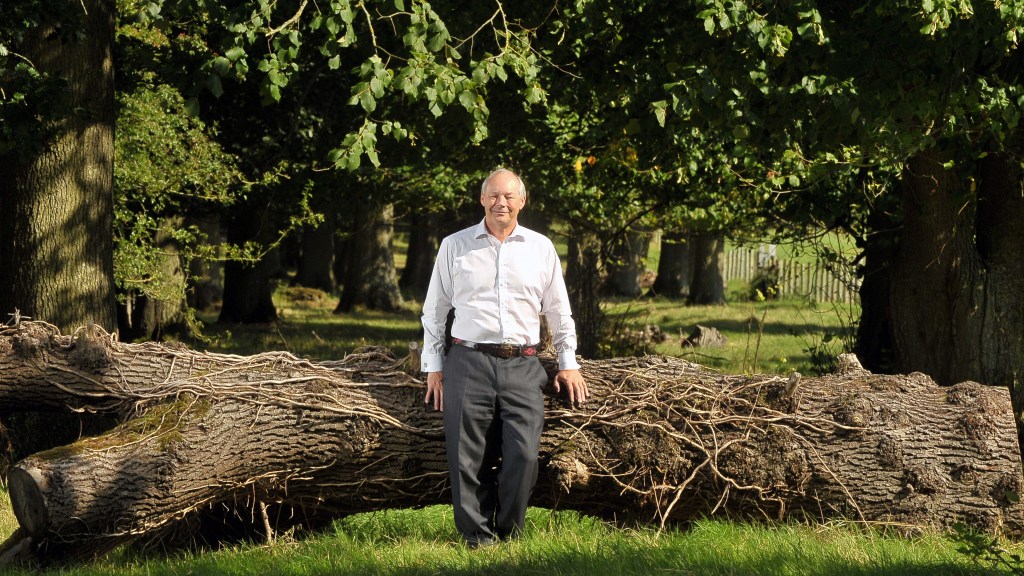
Post Comment